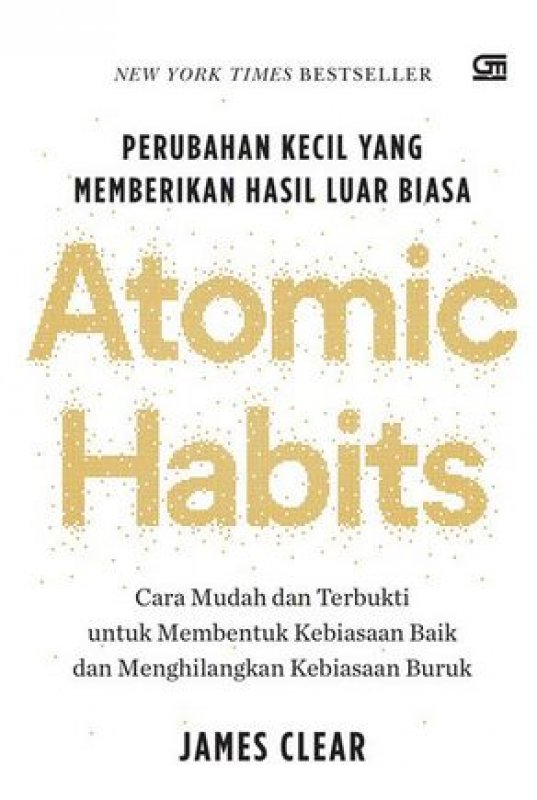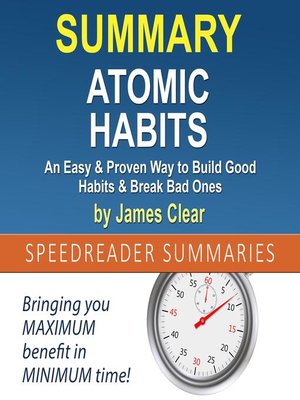

In this book Personality isn’t permanent, Benjamin Hardy demonstrates that personality evolved during life and could be changed at will.

You can’t sustain a gym routine if you watch Netflix and eat McDonald’s. Why? It’s because garbage in -> garbage out. When I was on a strict lion diet and did nothing but working and working out, following any type of hard habit was much easier because I wasn’t craving any dopamine.īut as soon as I drank alcohol, watched a movie, read the news, ate sugar, played video games, did not sleep enough, consumed social media, or something alike, following tough habits became much harder. Surprisingly, there was no mention of the role of lifestyle in the book despite the tremendous role it plays on the psyche - hence on your capacity to practice your habit. Maybe he should have started with this piece of information?

In a way, this advice discredits the entire work he’s done to make habits easier. The irony is that I suspect James Clear feels the same way.Īt the end of the book, he advises readers to choose a habit that is easy to practice and that comes naturally. Habit hacking does not make sense, because you shouldn’t have to hack a habit. If you really can’t do something, or don’t want to…then don’t freaking do it. It focuses so much on decreasing pain and maximizing pleasure that I felt like it had been written for people that shouldn’t get into specific habits in the first place. That’s the overall feeling I got out of the book. If you need time to master the first two minutes of the habit because you don’t want to practice it…then maybe the habit isn’t for you? The purpose is to make the habit as painless as possible. Once you have mastered that, go train for five minutes, then leave. Once you have mastered changing clothes, drive to the gym, but don’t go in yet. The idea is to slowly get into the habit by mastering the first two minutes of it.Įg: if you have a hard time going to the gym, then focus on wearing the right clothes first. Habit shaping is a technique that helps you master a difficult habit. In the end, this is how you achieve stuff. This is why Elon Musk sets up enormous goals in short deadlines. Working in a system is great, but actively working towards a goal is better. Keeping the goal in mind creates urgency the system alone can’t generate. On the opposite, when you focus on a definite goal, you can find ways to hack or change the system so that you can achieve your 10-year plan in 6 months. Second, when you focus on systems, it’s easy to lose the pressure and motivation and never reach the goal. Understand: we’re all in the same boat, and no one is at the helm.įirst, if we’re not actively creating the life and society we want, we may end up with something we don’t want. This process-oriented system prepares them for anything because they have no direction in life.Īccording to Thiel, this is because Western society gave up on having a definite vision for the future. They become good at everything and exceptional at nothing. Students follow a general curriculum without any specific purpose in mind. He takes the school system as an example. In his book Zero to One, Peter Thiel condemns the system-oriented culture because it assumes no direction.


 0 kommentar(er)
0 kommentar(er)
